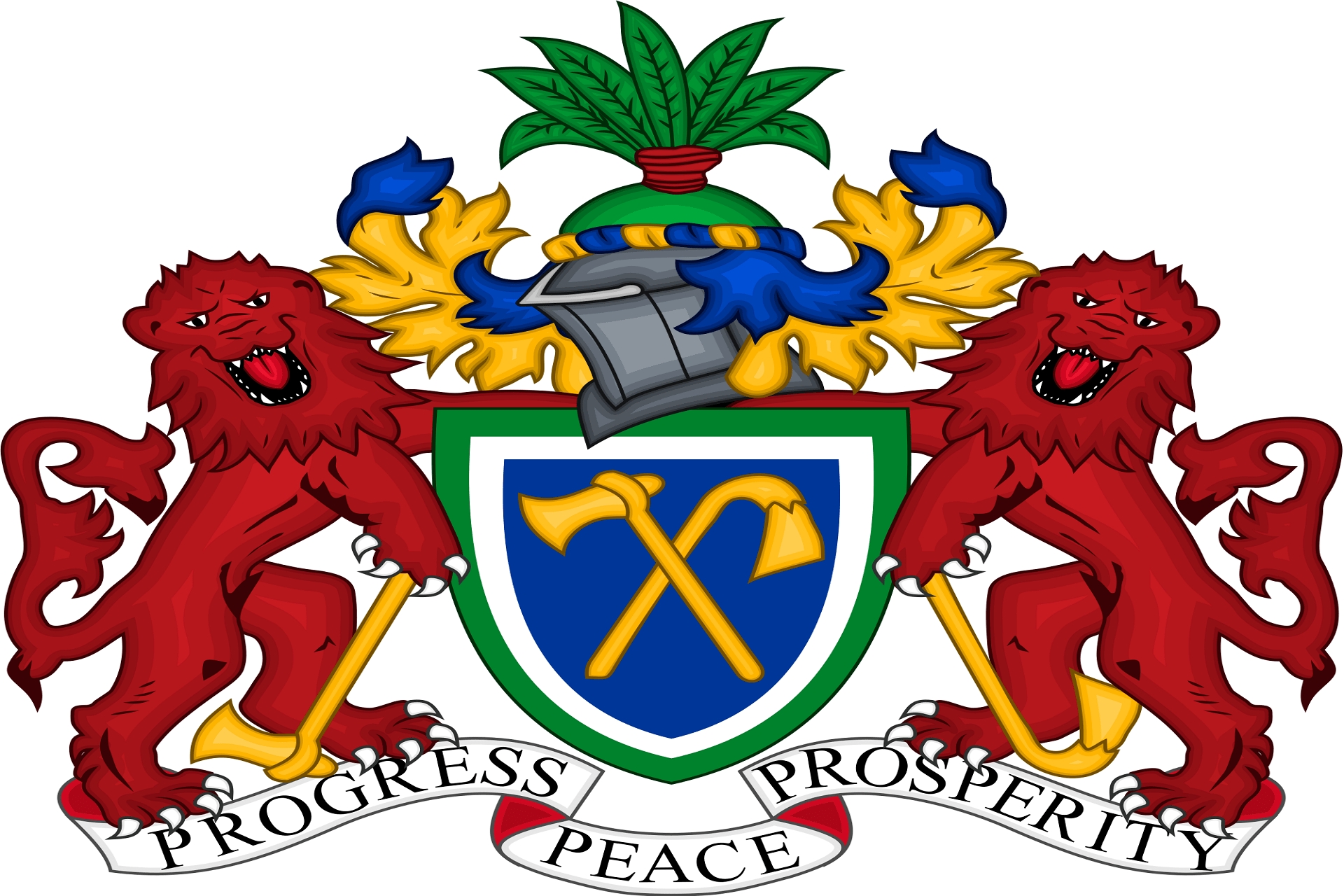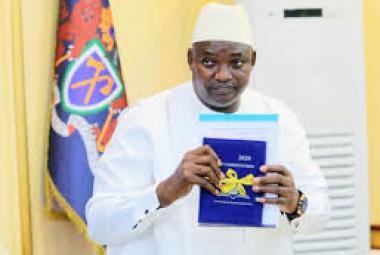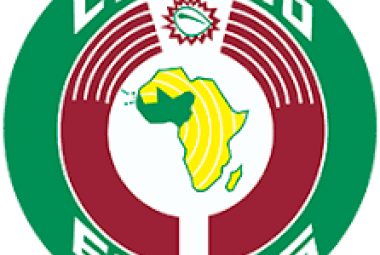By Lamin Kujabi
President Adama Barrow on Thursday, January 9th presided over the first regular cabinet meeting of 2020 at State House in Banjul, where they approved the Draft Pension Bill 2019. According to the Information and Communication Infrastructure minister, EbrimaSillah, their discussion was broadly on progress towards institutional reforms.
He revealed to the press that the approved Draft Pension Bill was presented by the Vice President and that it seeks to repeal the Pensions Act of 1950.
Highlighting key features of the new Draft Bill, the Minister said once it is ratified, pensioners will be paid retirement benefits within 30 days. “Dependents’ pension for 5 years have also been introduced to enhance the quality of life of dependents of a deceased pensioner or officer in service,” he added.
To minimise the undue delay in the processing of pension benefits, he informed, there will be a centralised Directorate of Pensions under the Personnel Management Office, charged with the responsibility of the administration and management of the pension of public sector workers.
He explained that the directorate will be headed by a director and shall have four core business units to manage registration, assess and verify benefit computations.
On education, Minister Sillah disclosed that the Minister of Basic and Secondary Education presented an information paper on the results of the 2019 West Africa Senior Secondary School Examination Results. The 2019 results, he affirmed, have registered a marked improvement over the 2018 one and the candidates qualified for university entrance also doubled over the 2018 results.
“A higher improvement has been observed in core subjects like English and Mathematics with 1402 candidates scoring credit in English, while 2548 candidates have credits in mathematics. Female candidates have particularly performed very well in the science subjects compared to the 2018results”.
He went on to indicate that one notable issue in the 2019 results is the remarkable performance by senior secondary schools in rural areas due to the rationalisation of teaching resources and the availability of trained teachers across the country. “More students have also registered great improvement in core technical subjects thank to the strengthening of the Technical Vocational Education Training (TVET) in schools,” he added.
About NAWEC, the Information minister revealed that cabinet also discussed an information paper on the Board Charter of NAWEC Board of Directors. The establishment of the Board Charter, he explained, is part of the reform project of State Owned Enterprises (SOEs) under the Ministry of Finance and Economic Affairs.
“The NAWEC Board Charter sets out the objectives and principles that the Board should operate under. It has made distinction between governance and management based on the Memorandum and Articles of Associations of the company and good industry practice. The Charter lays down roles and responsibilities clearly for the judicious and efficient running of NAWEC to achieve its corporate objectives and public policy directions”.
Finally, he said cabinet was also briefed on the inauguration of the International Roots Homecoming Festival, scheduled to take place in December 2020. He informed that a high level inter-sectoral committee has been setup tasked with the responsibility of the successful organisation of the festival.







